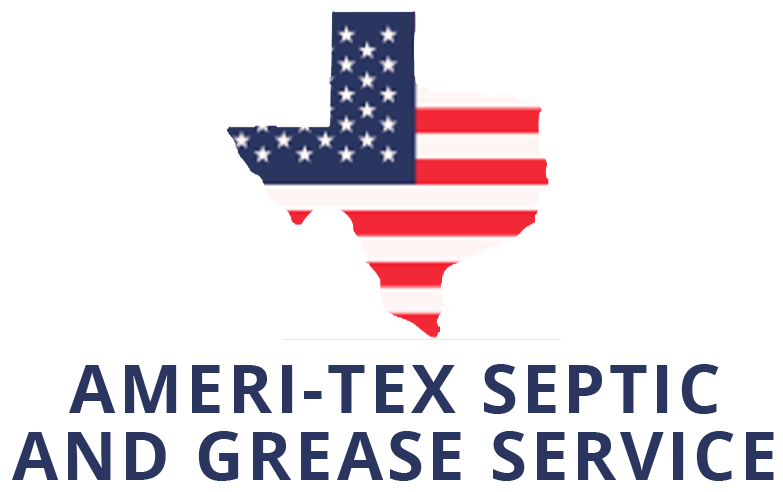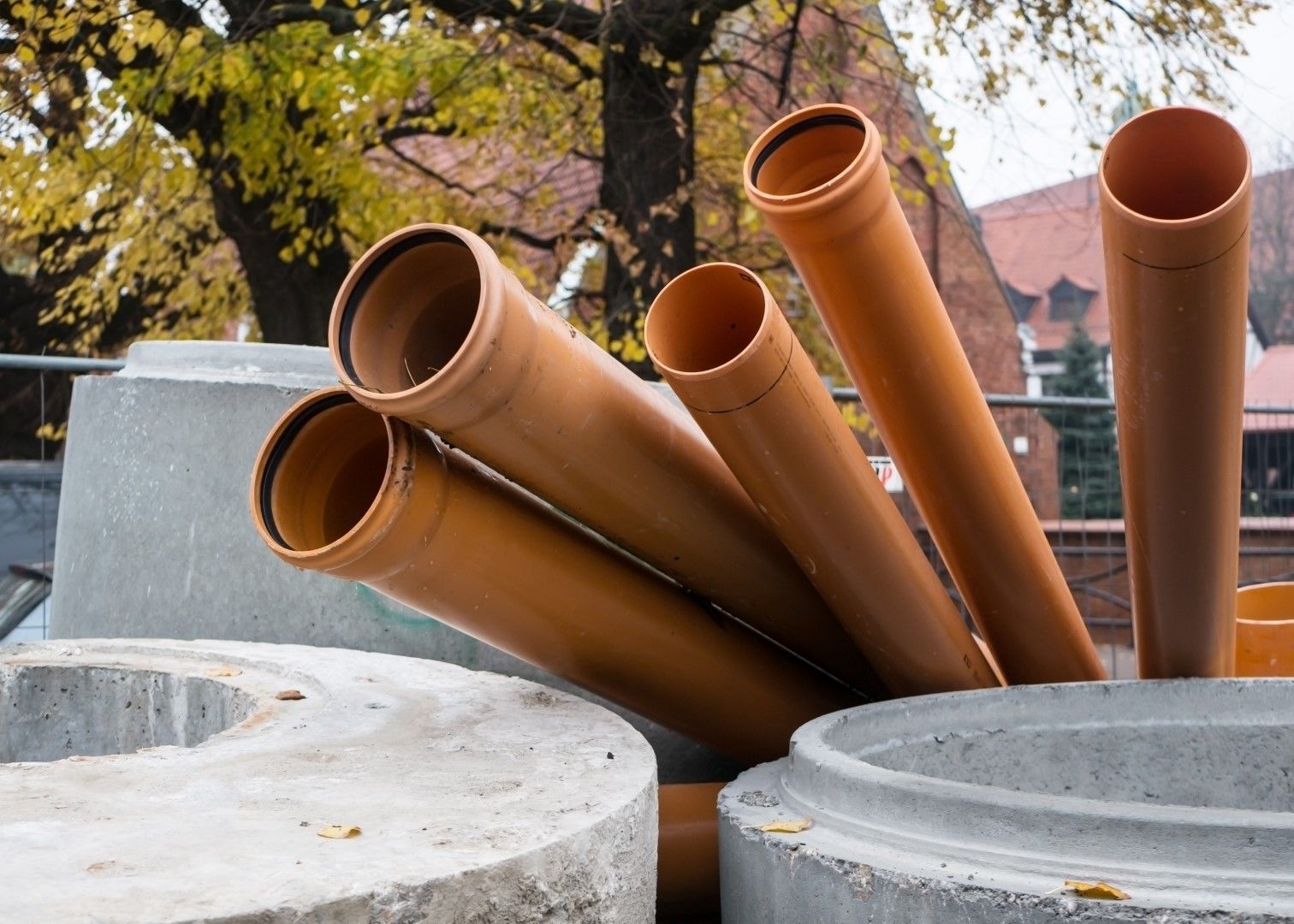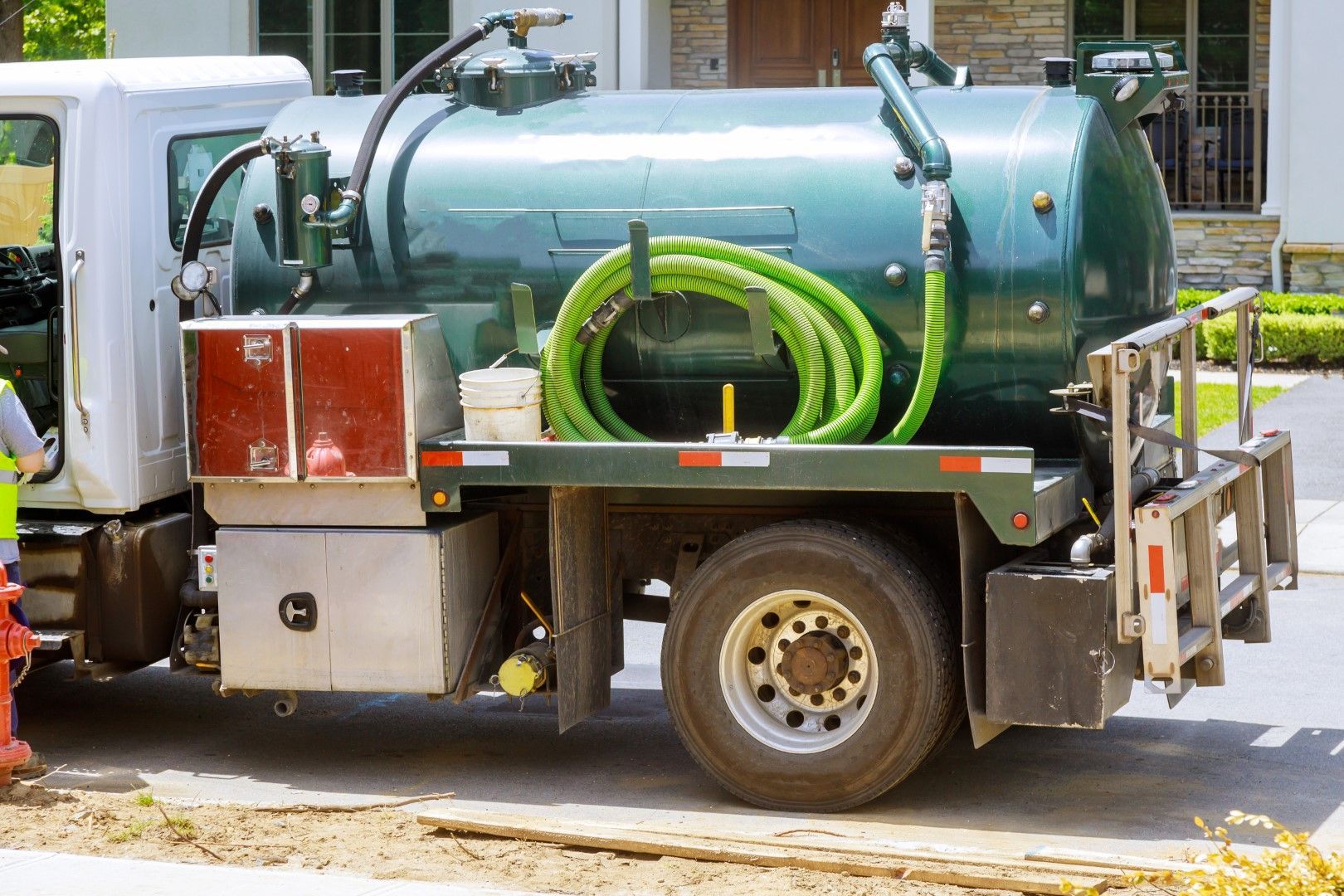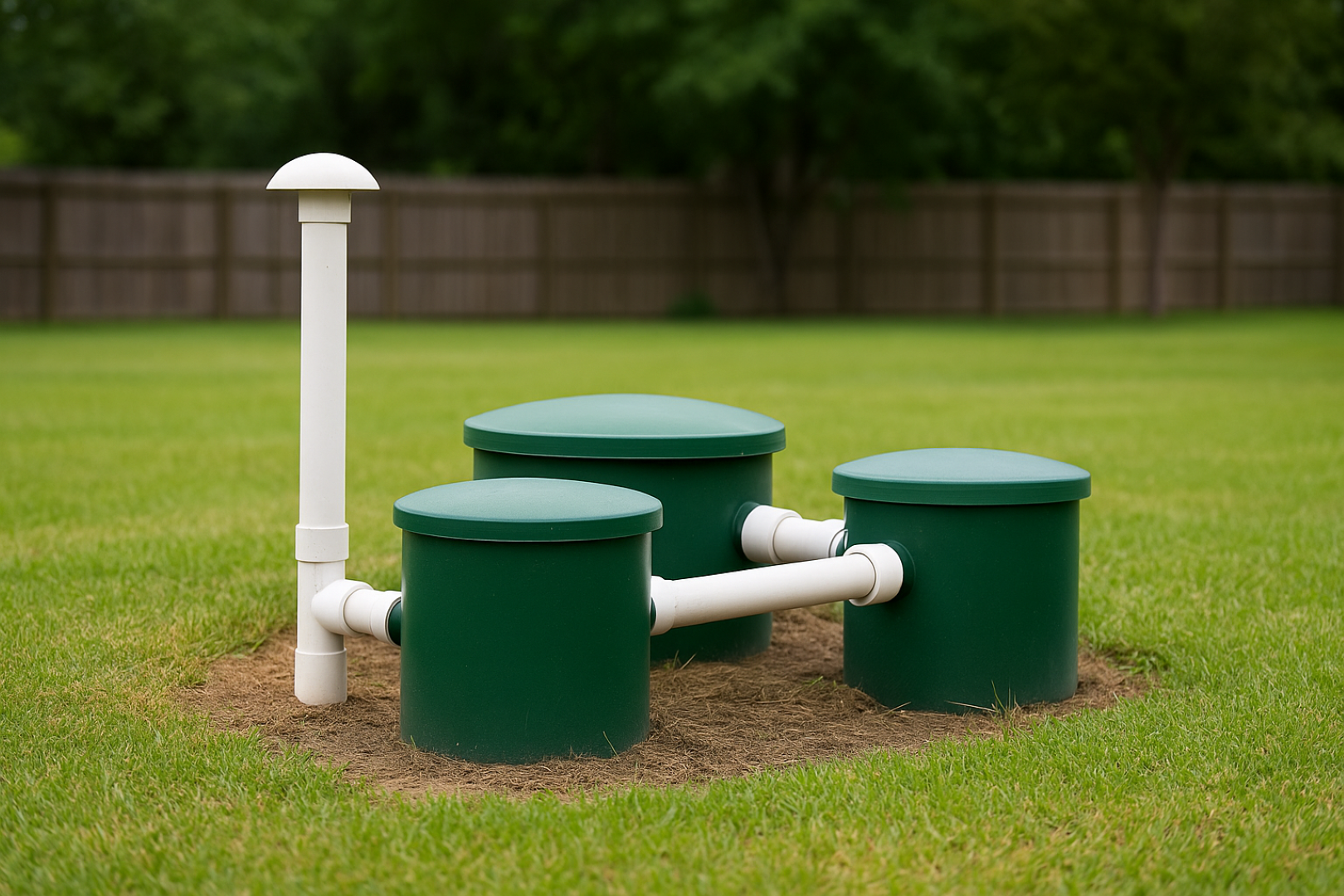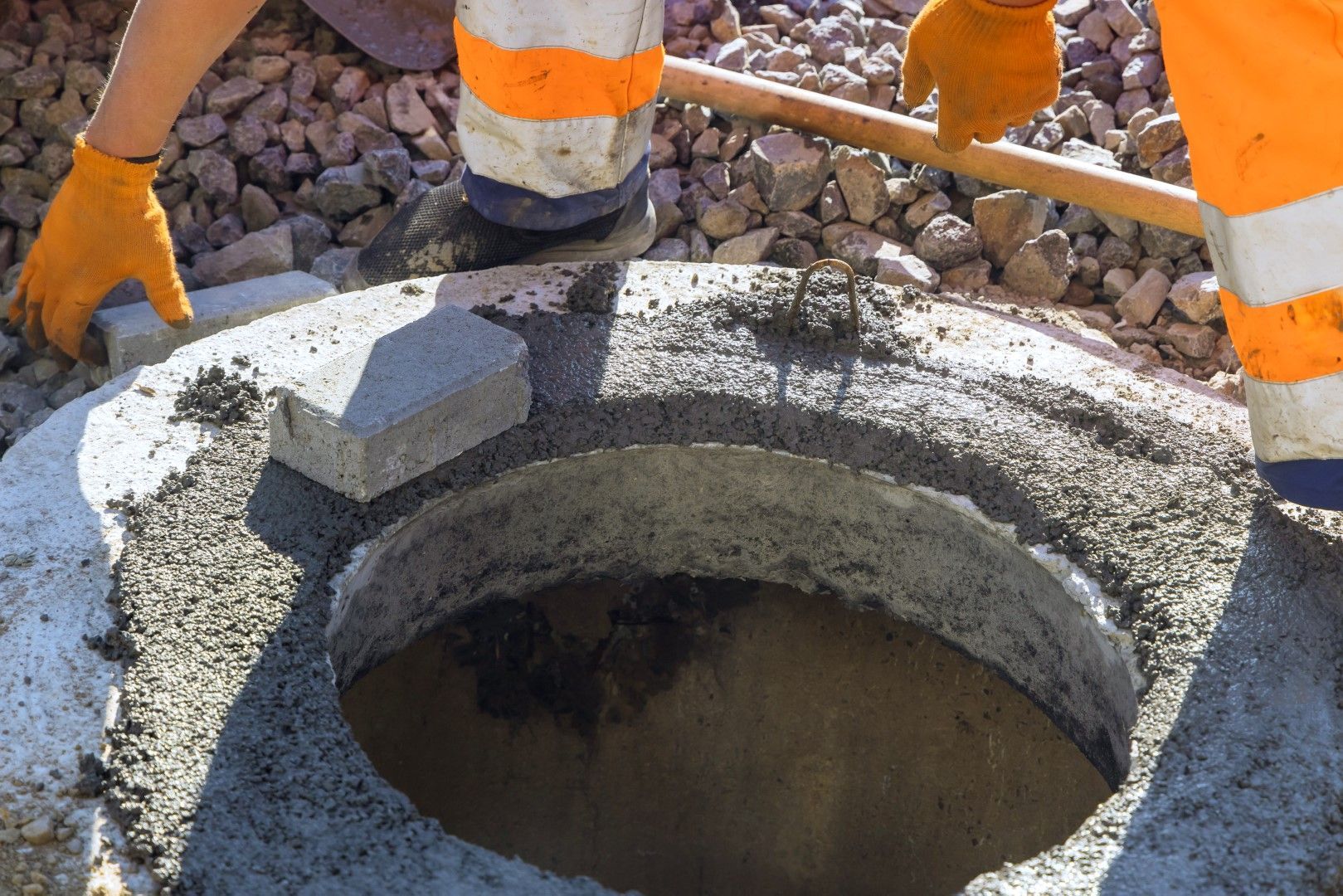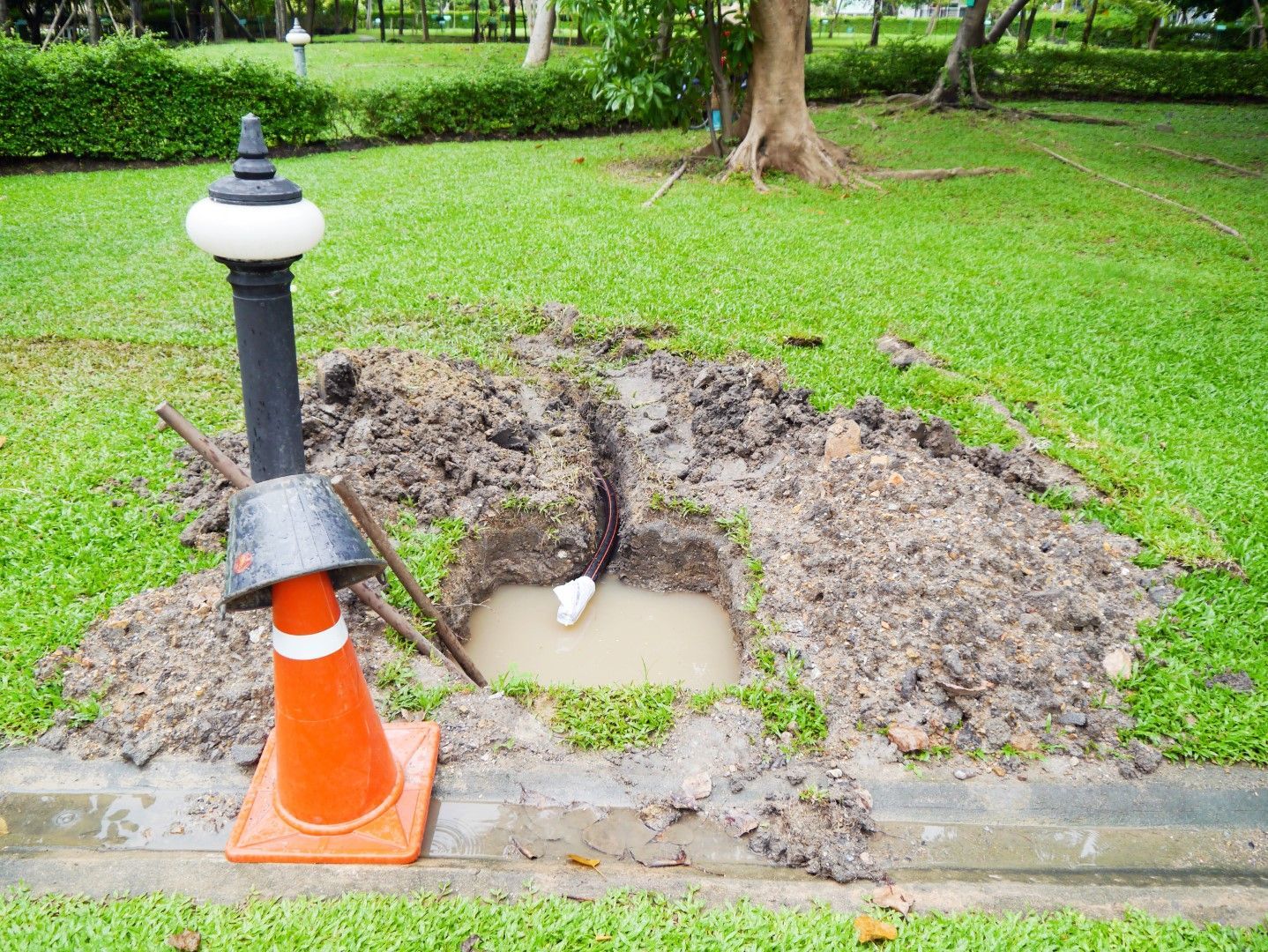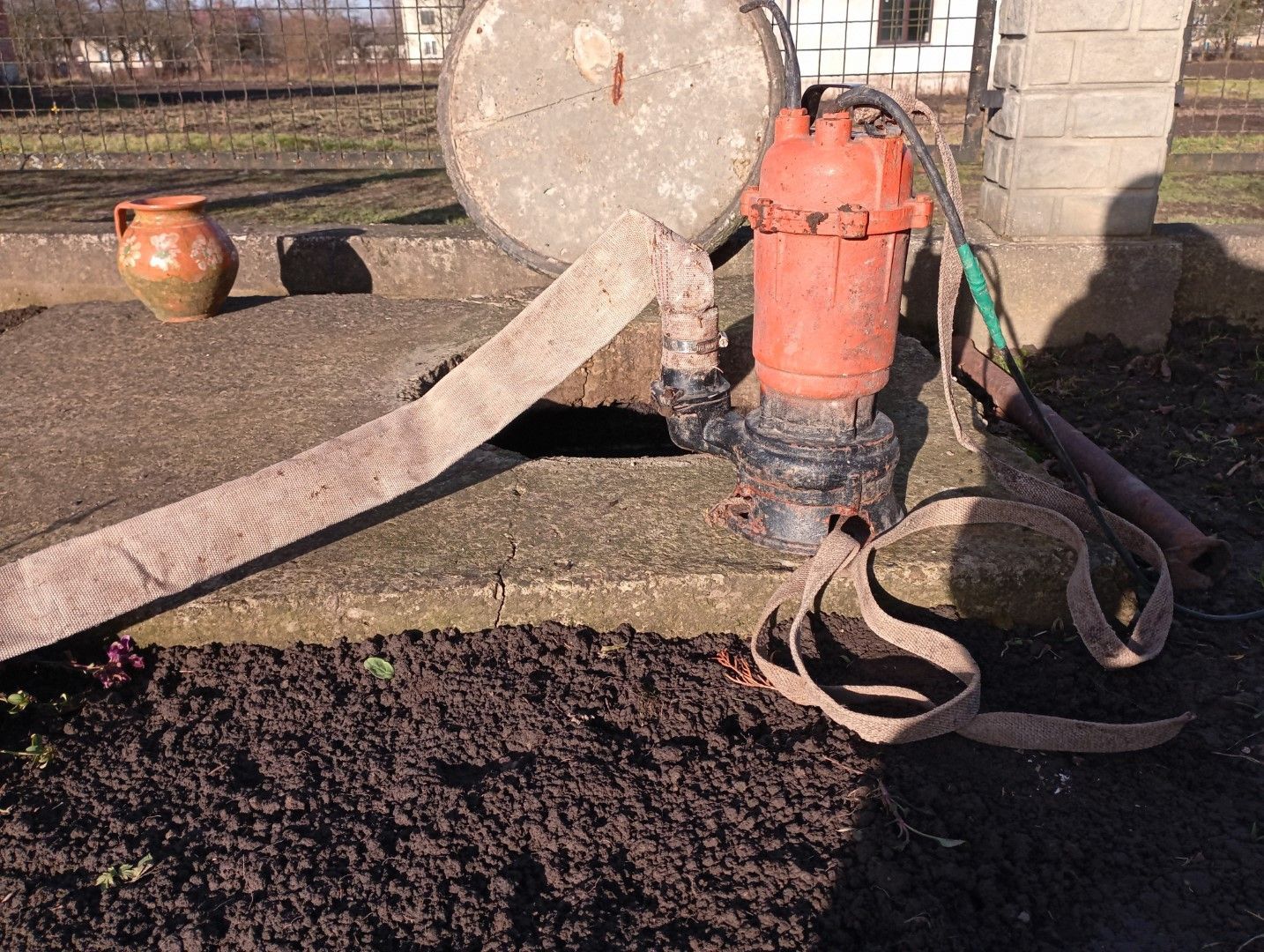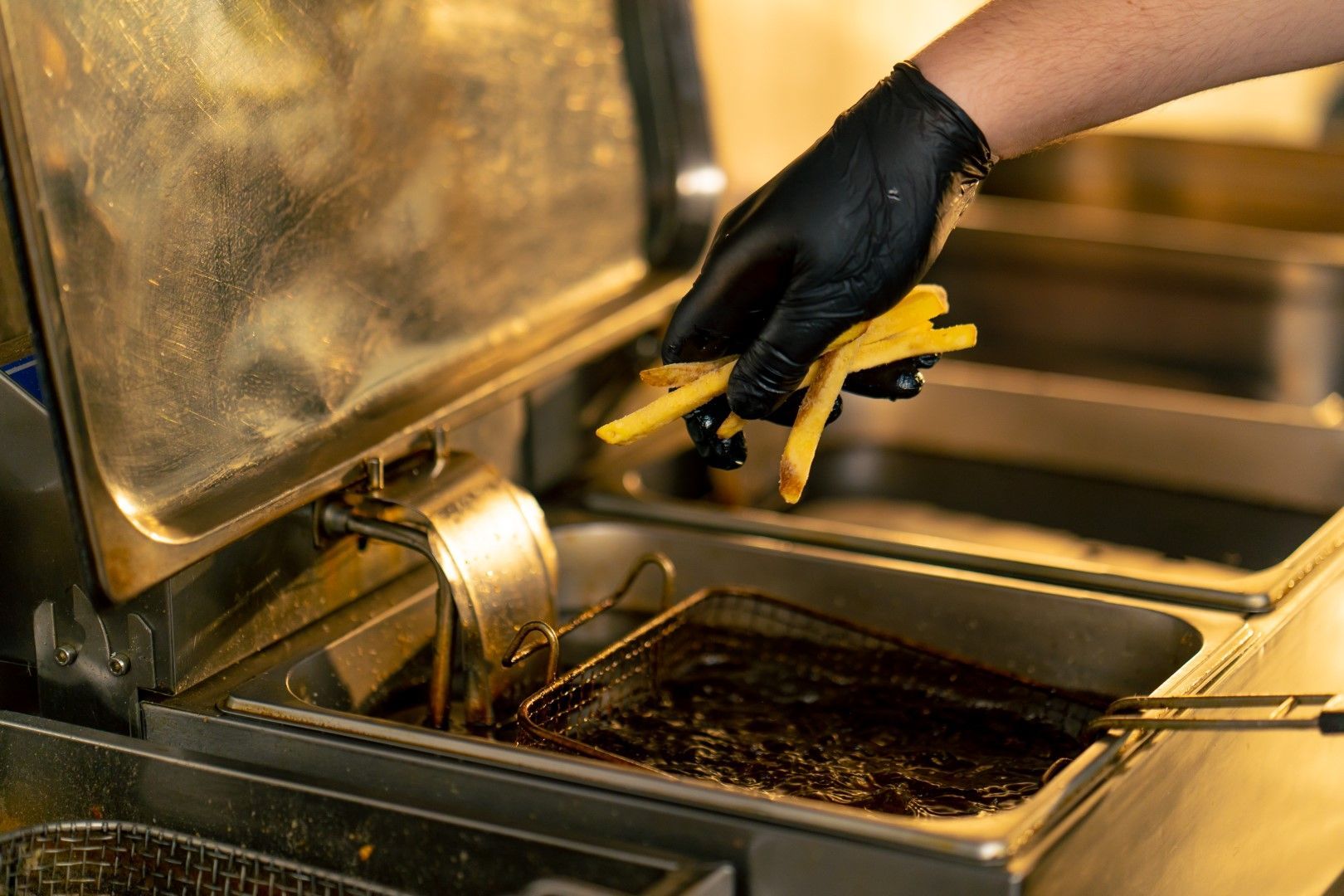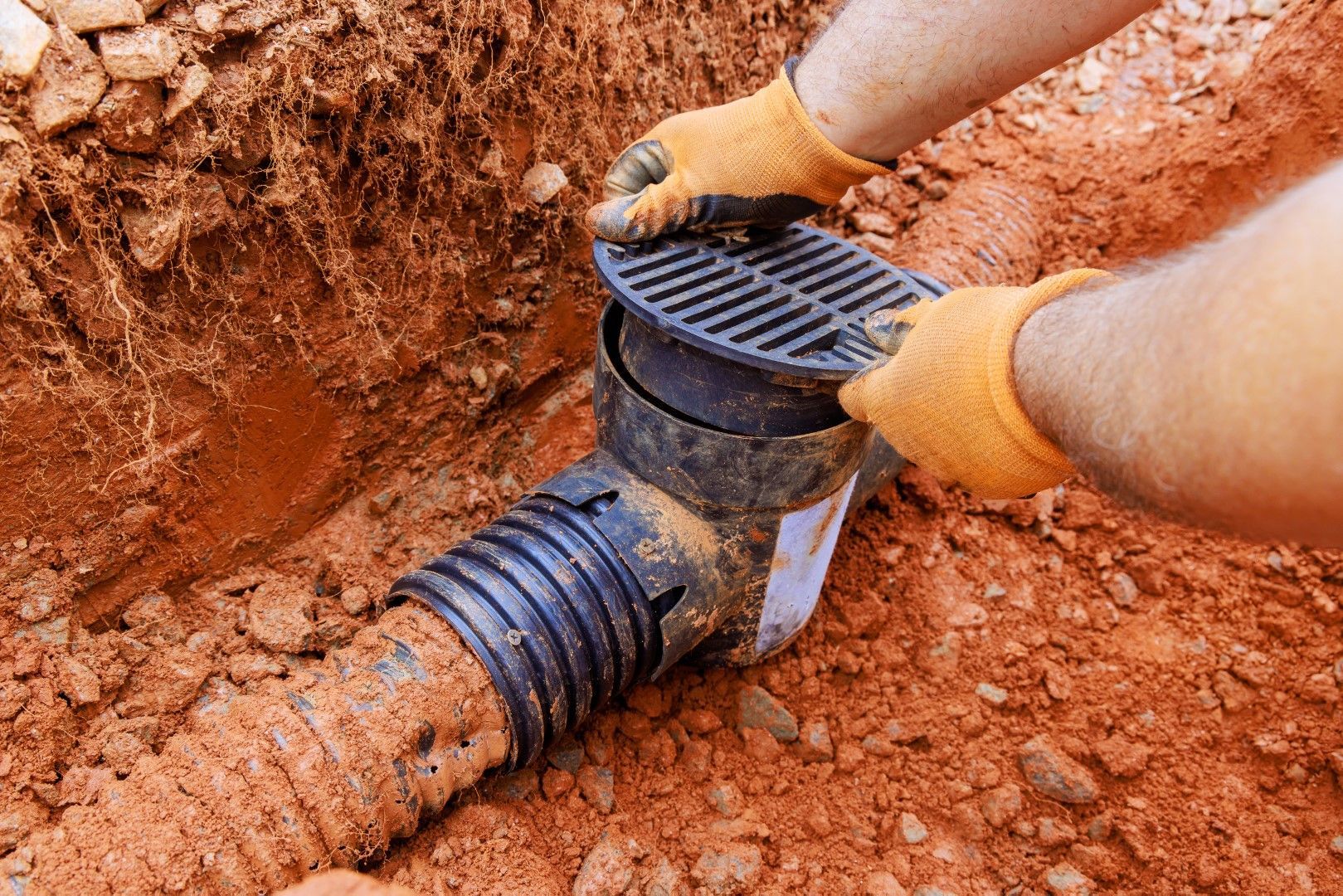In Houston, Texas, the weather changes with each season—and so should your approach to septic system maintenance. From heavy spring rains to hot, dry summers and the occasional winter freeze, the climate here can impact how your septic system performs throughout the year. Regular, season-specific maintenance is essential to keeping your system running efficiently and avoiding costly emergencies.
At Ameri-Tex Septic & Grease Service, we bring over 35 years of experience in helping Houston-area homeowners maintain their septic systems year-round. Below, we’ve outlined essential maintenance tips for each season to help you stay on top of your septic care.
Spring: A Fresh Start for Your Septic System
Spring in Houston often brings rain and warmer temperatures, which can affect your septic system’s performance. This is the ideal time to prepare your system for the higher demand that often comes with increased water usage during the warmer months.
Schedule a Professional Inspection
Start the season by having your septic system professionally inspected. A technician can check for signs of wear, cracks in the tank, or buildup that may have formed during the winter months. Catching issues early can prevent them from turning into expensive problems later.
Clean Gutters and Downspouts
Ensure that rainwater is directed away from your drain field. Excess moisture can overwhelm the system and reduce its effectiveness. Proper drainage also protects the soil around the drain field from becoming too saturated.
Test and Evaluate Landscaping
If you’re planting or refreshing landscaping, choose shallow-rooted plants around the drain field to avoid root intrusion. Native Texas grasses are an excellent choice as they help prevent erosion and don’t interfere with septic components.
Summer: Managing Systems During the Heat
Texas summers can be intense, with extended heat waves and high usage from summer guests, lawn irrigation, and outdoor water activities.
Conserve Water Wisely
Spread out heavy water usage to avoid overloading your septic system. Run dishwashers and laundry machines at separate times, and be cautious when using water-intensive outdoor features like sprinklers or kiddie pools.
Shade the Drain Field
The soil over your drain field can dry out in extreme heat. Help regulate soil temperature and moisture by keeping it shaded with grass or low-growing native plants.
Schedule Mid-Year Pumping if Needed
If your household is large or your tank hasn’t been pumped in a while, consider scheduling a summer service. Increased water use can fill a tank faster than expected.
Fall: Prepping for Cooler Weather
As temperatures begin to cool, fall is an excellent time to prepare your septic system for the lower water table and increased indoor usage.
Pump the Tank Before the Holidays
With more cooking, cleaning, and guests on the way during the holiday season, your septic system will be under greater strain. Pumping your tank in the fall ensures it has the capacity to handle extra use.
Inspect for Leaks and Cracks
Colder weather can lead to pipe contraction. Have a technician check for small leaks or pipe damage before winter hits. Addressing these now can save you from freezing-related problems later.
Insulate Exposed Pipes
In Houston, winters are usually mild, but temperatures can still dip below freezing. Insulate any above-ground or shallow pipes to prevent freezing and potential bursts.
Winter: Keeping the System Active
Although freezing temperatures are rare in Houston, the occasional cold snap can catch homeowners off guard.
Avoid Soil Compaction Over the Drain Field
Don’t park vehicles or place heavy objects over your drain field, especially during colder months. This can compact the soil and reduce its ability to properly filter wastewater.
Keep the System Active
Using your system regularly helps prevent freezing. If you’ll be away from home during the winter, have someone run water in the house periodically to keep water moving through the pipes.
Avoid Harsh Chemical Additives
Some additives can disrupt the natural bacteria that break down waste in your septic tank. If you’re considering using one, consult a professional to ensure it’s appropriate for winter use.
Year-Round Best Practices for Septic Maintenance
Regardless of the season, some maintenance habits are essential year-round to extend the life of your septic system and keep it functioning efficiently.
Watch What You Flush
Only human waste and septic-safe toilet paper should be flushed. Items like wipes, feminine hygiene products, and even paper towels can cause serious clogs.
Reduce Garbage Disposal Use
Food waste adds solids to your tank and may require more frequent pumping. Consider composting food scraps instead, especially if you garden.
Schedule Regular Maintenance
Don’t wait for problems to appear. Regular inspections and pumping keep your system healthy and allow you to catch small issues early.
Trust Ameri-Tex for Seasonal Septic Care
With unpredictable weather patterns and soil conditions across Houston and the surrounding areas, keeping up with septic system maintenance year-round can be a challenge. That’s where Ameri-Tex Septic & Grease Service comes in. Our experienced team provides reliable inspections, pumping, repairs, and maintenance tailored to each season’s specific needs.
If it’s been more than a year since your last inspection or you’re noticing signs of trouble, don’t wait.
Contact Ameri-Tex Septic & Grease Service today to schedule seasonal septic system maintenance and ensure your system remains efficient and worry-free throughout the year.
